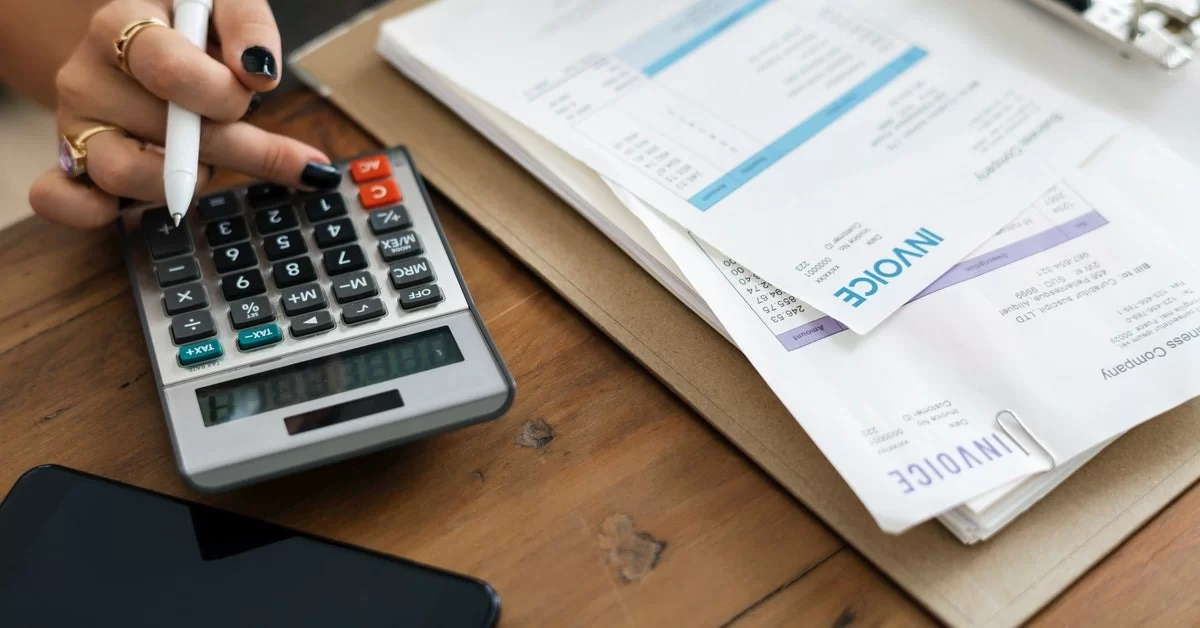Quarantine or Isolation is a medical practice that helps protect the public by preventing exposure to people who have or may have a contagious disease.
On one hand, Isolation separates sick people with a contagious disease from people who are not sick. While on the other hand, Quarantine separates and restricts the movement of people who were exposed to a contagious disease to see if they become sick.
Important to realize, “Quarantine doesn’t have to be a scary thing,” explains infectious disease specialist Steven Gordon, MD.” Since it’s one of the most effective ways to protect the general public.
But, with Coronavirus (COVID-19) dominating the news cycle, you’re starting to throw around words like “Self Quarantine, Self Isolation, and Self Distance” with an uneasy casualness. And so, you’ve stocked up on tinned beans and toilet paper but what on earth will you do with yourself when you Self Quarantine?
But, provided your Coronavirus Symptoms are not too severe, of course – while holed up at home for days on end, what’s next? What do these words really mean for your life?
What is Quarantine?
A Quarantine is a restriction on the movement of people and goods that is intended to prevent the spread of disease or pests. It is often used in connection to a variety of contagious diseases and illnesses. Especially, by preventing the movement of those who may have been exposed to a communicable disease, but do not have a confirmed medical diagnosis.
Eventually, Governments use Quarantines to stop the spread of contagious diseases or even pests. Bearing in mind, Quarantine is for people or groups who don’t have symptoms but were exposed to the sickness. A quarantine keeps them away from others so they don’t unknowingly infect anyone.
A Quarantine may be used during:
- Outbreaks: When there’s a sudden rise in the number of cases of a disease.
- Epidemics: Similar to outbreaks, but generally considered larger and more widespread.
- Pandemics: Larger than epidemics, generally global in nature, and affect more people.
While Isolation serves the same purpose as quarantine, it’s reserved for those who are already sick.
In other words, keeping the infected people away from healthy people prevents the sickness from spreading.
What happens when you are Quarantined?
Of course, according to the Kenyan Constitution, the government can use isolation and quarantine measures to protect people from contagious diseases.
Where necessary, a majority of states also have the authority to institute isolations or quarantines. Not forgetting, breaking a quarantine has consequences that range from a fine to imprisonment.
While not all quarantines are the same, look to the Centers for Disease Control and Prevention (CDC) for how best to do your part.
Currently, the CDC recommends:
- Make It A Staycation: Avoid leaving the house unless absolutely necessary (read: visiting your healthcare provider, though see the next bullet for how to do that). That means following all “shelter-in-place” orders in your area
- Call Ahead: While your local or state health department will most likely keep tabs on your health, you may need to see your doctor, too. First, try a virtual visit. Or at least, call ahead first. So that the medical facility can take steps to prevent others from getting infected.
- Worried About Fido? At this time, the CDC says there’s no evidence that companion animals, including pets, can spread COVID-19. But, it may still be good to still use caution. If you’ve been exposed to COVID-19, avoid “petting, snuggling, being kissed or licked. And also, avoid sharing food [during a coronavirus quarantine],” recommends the CDC.
- Have Your Own Stuff: Don’t swap unwashed “dishes, drinking glasses, cups, eating utensils, towels or bedding with other people or pets in your home,” says the CDC.
- Wash, Rinse, Repeat: “Hygiene is an integral part of this, even at home. Handwashing should be your first line of defense when under quarantine,” relates Dr. Gordon. “And don’t forget to cough or sneeze into your elbows or a tissue that you then throw away.”
In response to suspected or confirmed coronavirus exposure, some have been asked to self-quarantine.
And while it’s highly recommended that you do so, these quarantines are currently voluntary.
What is Self Quarantine?
Self Quarantine or Self Isolation means staying home and not leaving to go anywhere unless you need medical care. Many COVID-19 patients are advised to self-isolate at home while they recover.
Whereby, the Practice of Self Quarantine, as we know it, began during the 14th century in an effort to protect coastal cities from Plagues and Epidemics.
While it may be disappointing to hear that so many sports events, cruises, festivals, and other gatherings are being canceled, there is a public health reason for these measures.
These cancellations help stop or slow down the spread of disease. Allowing the health care system to more readily care for patients over time. Therefore, canceling events that are likely to draw crowds is an example of social distancing.
Social Distancing is deliberately increasing the physical space between people to avoid spreading illness. Staying at least six feet away from other people lessens your chances of catching COVID-19.
More social distancing practices include:
- Working from home instead of at the office
- Closing schools or switching to online classes
- Visiting loved ones by electronic devices instead of in-person
- Canceling or postponing conferences and large meetings
People who have been exposed to the new coronavirus and who are at risk of coming down with COVID-19 might practice self-quarantine.
Health experts recommend that self-quarantine lasts 14 days. Two weeks provides enough time for them to know whether or not they will become ill and be contagious to other people. For more details, you can read and learn more about the History of Quarantine.
Other Protective Measures
With the spread of COVID-19, most countries around the world put into effect a strict quarantine to prevent the exponential increase of cases. And, therefore, providing release to the over-saturated healthcare systems.
In that case, it’s our duty and civic responsibility to follow the restrictions put upon us. Nevertheless, we shouldn’t allow these stressful and uncertain times to have the best of us. But, always remember, Quarantine isn’t the only way to protect yourself during an epidemic.
Dr. Gordon also recommends:
- Social Distancing: It involves avoiding large gatherings. If you have to be around people, keep 6 feet (2 meters) between you when possible. In simple terms, it’s pretty much like using common sense.
- Wear a Cloth or Face Mask: The CDC now recommends doing so in public, especially in places where it’s hard to maintain at least 6 feet of distance between yourself and another person.
- Stay Calm: “While fear is normal, educating yourself is a great way to counterbalance your anxiety,” says Dr. Gordon. “Stay informed from reliable sources — but not too intensely. Hyper-fixating on the news can be just as detrimental.”
- Cooperate with the Authorities: By following quarantines and other public health mandates. Like shelter-in-place orders help slow — and stop — the spread of contagious diseases.
For sure, this time will pass, and your forced staycation may save lives.
Additionally, read and learn more about 12 things to help you stay on track during the COVID-19 Quarantine.
Summary,
Through proper Handwashing Practices, keeping your hands clean is one of the most important steps we can take to avoid getting sick. As well as spreading germs (like COVID-19) to others.
For instance, one of the common sources of germs like salmonella, E. coli O157, and norovirus is feces (poop) from people or animals. Not forgetting, that causes diarrhea, and can spread some respiratory infections like adenovirus and hand-foot-mouth disease.
These kinds of germs can get onto hands after people use the toilet. Or when they change a diaper, but also in less obvious ways. Like after handling raw meats that have invisible amounts of animal poop on them. A single gram of human feces—which is about the weight of a paper clip—can contain one trillion germs.
Where soap and water are limited, you can opt for a Hand Sanitizer.
Related Topics;
It’s my hope that the above-revised guide on Quarantine basics was helpful to you or even someone close to you.
But, for more additions, contributions, questions, recommendations, insights, and shared thoughts, please Contact Us or leave them in the comments section.
Here are more useful links related to this or more of our blog topics;
- What is COVID-19 Coronavirus?
- Self Quarantine | What does It mean in Simple terms?
- Hand Sanitizer | Best Practices For Personal Hygiene
- Coronavirus Symptoms | 5 Self-Isolation Best Practices




